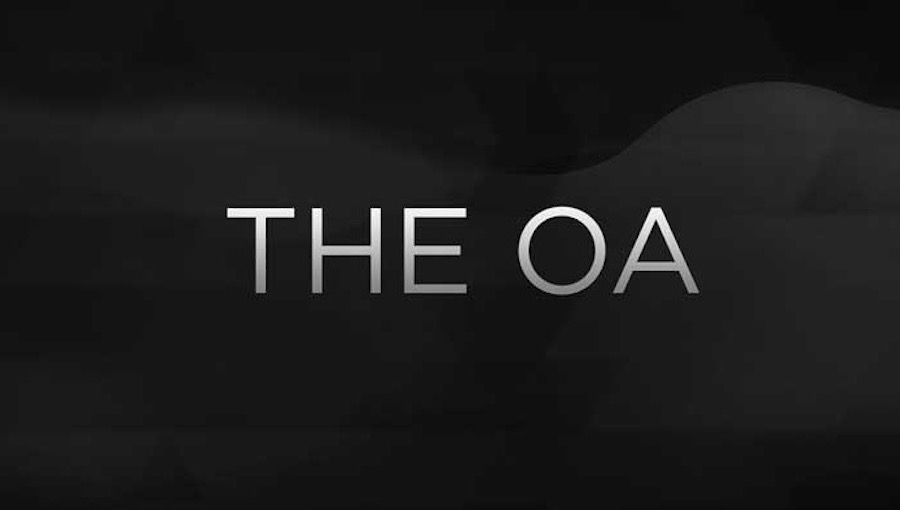For those who enjoyed the unpredictability and edginess of Stranger Things, Netflix’s new series, The OA – co-created by Brit Marling and Zal Batmanglij – needs to be next up on their binge-list. The OA raises questions about the world, the afterlife, and the space in between. This 8-episode season incites hope and bridges connections in unexpected places. Each episode traces the story of Prairie (Brit Marling), a young blind woman who has been missing for seven years. When she returns home, now calling herself the OA, her sight has mysteriously been restored. The FBI, her parents, and the local news reporters all want to hear her story, but Prairie finds a group of five misfits to share it with in hopes that they can help her save the lives of others. The show is thrilling but offers hope in dire circumstances, creates community among unlikely individuals, and demonstrates what willpower can achieve. And the story is so compelling that the end of each episode demands starting the next.
The OA shows how much power and influence a story can hold. The writing is well structured in the layering of narratives that also seem to overlap. This is reminiscent of Westworld—though not as complicated, but still mysterious. The show is also brilliant in that the audience is never really sure whose version of the story is being presented. Prairie’s voice narrates, but it is not clear who imagines the story and characters that the audience actually gets to see.
In bringing the midnight group together, Prairie helps the individuals find meaning in their lives, each of which are rife with troubles that range from fitting in to coping with loss. Storytelling has a powerful influence over the crew and over the audience, as we pine to learn more of Prairie’s tale. Although she shares her story with an agenda of saving her lost friends, the midnight gatherings also unite the group of misfits as they collectively discover their own strengths and desires from within. They share a common bond and develop companionship that is missing from their lives. Like a darker version of The Breakfast Club, the group as a whole inspires the audience to find unity in unlikely places.
Perhaps the only thing the series neglects is spending more time on these individuals. Steve (Patrick Gibson), an emotional, violent drug dealer whose parents want to send him to reform school, gets the most airtime. The volatility of his character seems unlikely to be tamed, but his belief in Prairie and fascination with her story suggests hope for his future. Gibson does well portraying a troubled teen and gaining the audience’s sympathy, but it would have been nice to see more of the home life of Buck (Ian Alexander), who is transgender, and Jesse (Brendan Meyer), who has no parents at home. These are great characters who struggle to get through each day but find solace in Prairie’s storytelling. Betty (Phyllis Smith) and Alfonso (Brandon Perea) have their own troubles that they cope with on their own until united to the others through Prairie. Phyllis Smith is a true pleasure to watch, though it may take some time to disassociate her from The Office. She stirs up a range of emotions, and the audience may have trouble deciding whether to laugh at her or cry with her.
Meanwhile, the group from Prairie’s narration struggles to find companionship in close quarters. Emory Cohen, who plays Homer, is resilient and driven. Cohen’s brilliance lies in his expressions that range from hope to despair. He is a fighter and draws us to his cause. Brit Marling is solid as Prairie, especially when feigning blind after her sight is restored. She is a calming force and works well as the show’s protagonist. Meanwhile, Scott (Will Brill) is the epitome of desperation. Within confinement, breaking points are tested time and again. Overall, the show finds that the power of a group, whether forced into common space or voluntarily coming together, can achieve miraculous things. The OA effectively delivers a message that you are not alone.
The show also encourages the audience to think about the intersections between science and fantasy, the ethics of experimentation, and the possibility of multiple dimensions. Near death experiences (NDEs) serve to be an entry point for accessing another dimension, one where individuals have a choice of where to go next. Hap’s (Jason Isaacs) obsession with finding rational explanations and proof contrasts with Prairie’s desire to help others. Isaacs delivers a stellar performance that keeps us on edge, clenching in anticipation.
With a final episode that is spellbinding, viewers will be shaking at the end of this series. Powerful, mind-blowing, intense, emotional—The OA will leave you needing a sit-down coffee session with your best friend—or even a complete stranger—to discuss what happened and try to make sense of it all. With so many open-ended questions that have already stirred up fan theories, Netflix would be wise to renew the show for a second season. A multilayered show that uses storytelling as an entry point, The OA is exceptionally written, and the brilliant cast effectively incites emotions, creates attachment, and encourages hope for all of us.

